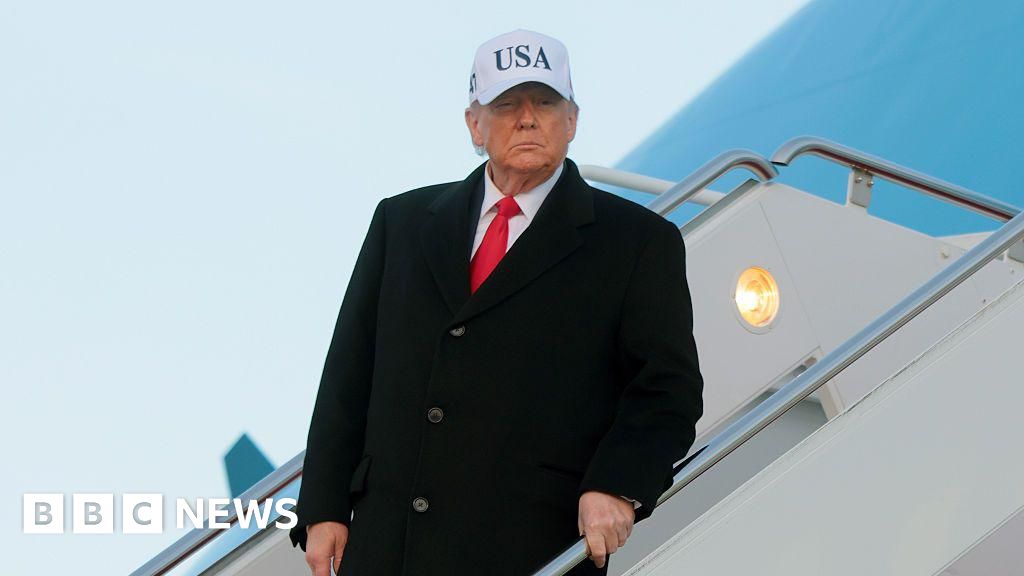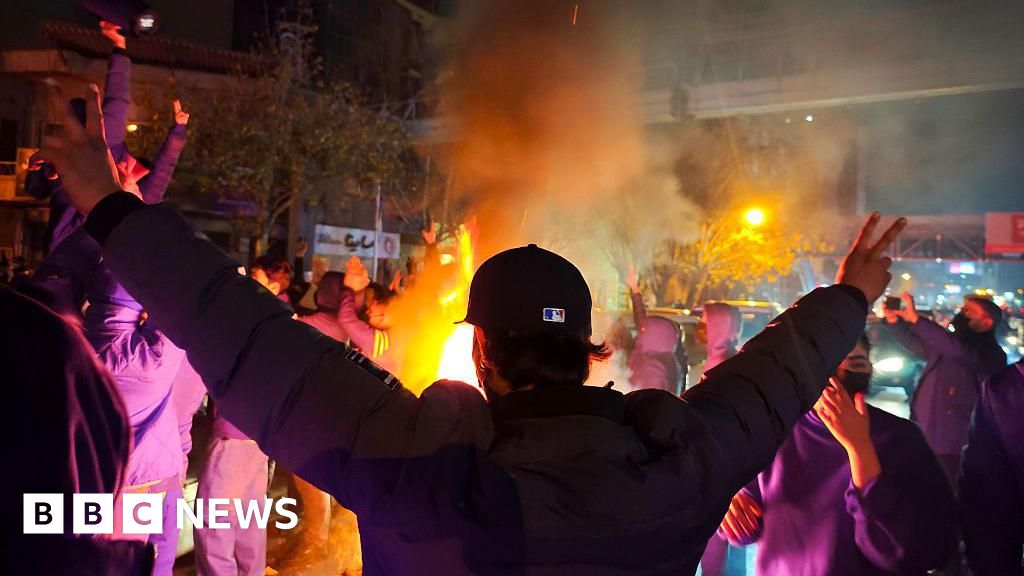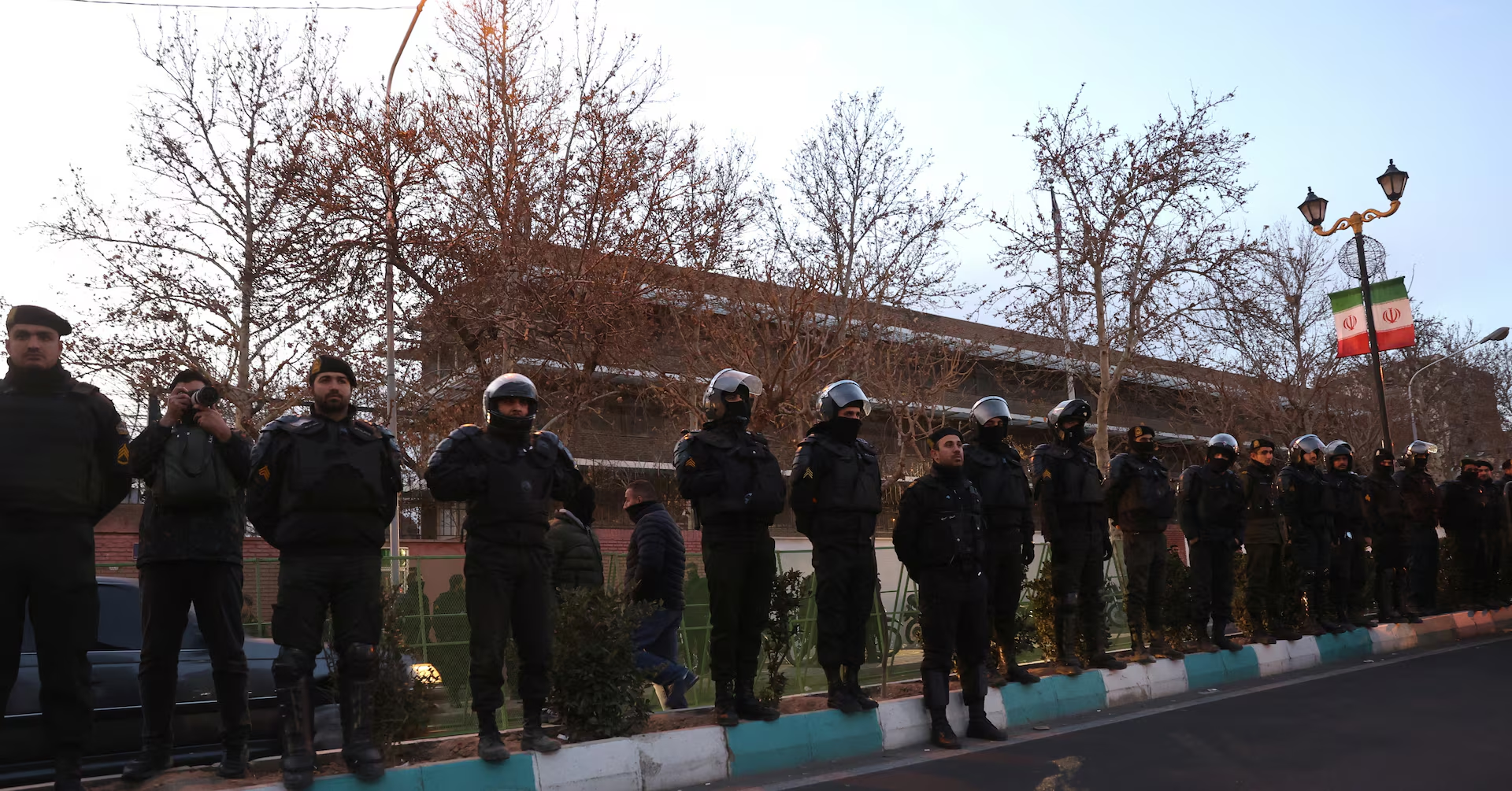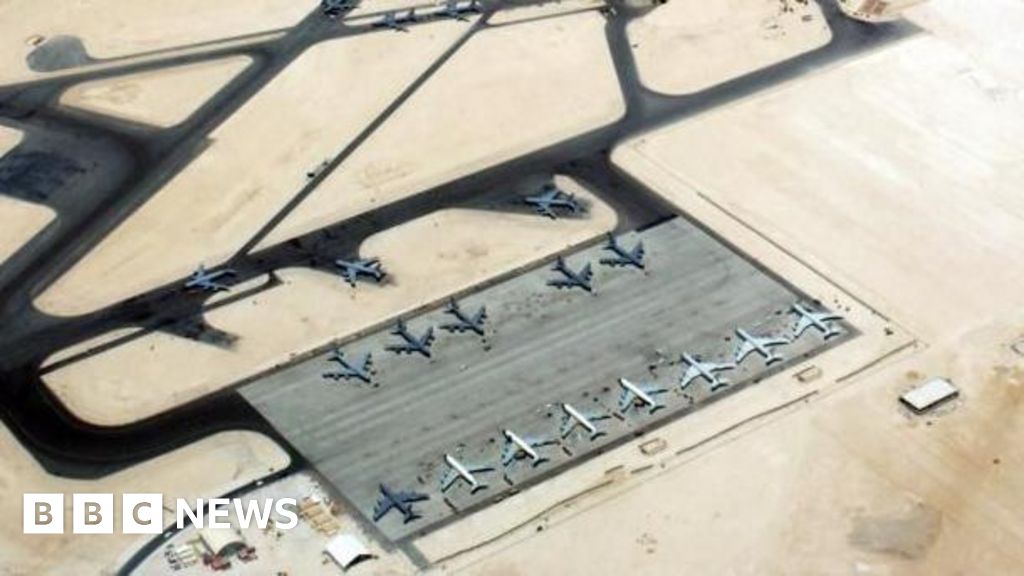The Trump administration is placing an indefinite pause on immigrant visa processing from 75 countries, further restricting the legal routes for entering the US.
The State Department on Wednesday said the administration wants to bring “an end to…

The Trump administration is placing an indefinite pause on immigrant visa processing from 75 countries, further restricting the legal routes for entering the US.
The State Department on Wednesday said the administration wants to bring “an end to…

Reha Kansara and Ghoncheh HabibiazadBBC News and BBC Persian
 Getty Images
Getty ImagesStarlink has reportedly…

LONDON, Jan 13 (Reuters) – Dozens of commercial ships have dropped anchor at a distance outside Iran’s port limits in recent days, according to data and shipping sources, as tensions with the United States grow.
Such movements were precautionary…

Unlock the White House Watch newsletter for free
Your guide to what Trump’s second term means for Washington, business and the world
The US is set to halt immigrant visa processing for foreign nationals from 75 countries, including Russia and…

The United States is indefinitely suspending immigrant visa processing from 75 countries in another expansion of the Trump administration’s crackdown on immigration.
The pause in…

U.S. Secretary of State Marco Rubio speaks during his end-of-year press conference at the State Department in Washington, D.C., U.S., Dec. 19, 2025.
Kevin Mohatt | Reuters
The State Department said Wednesday it will suspend the processing…

 TSGT Scott Reed, USAF
TSGT Scott Reed, USAFThe US and UK are reducing the number of personnel at the Al-Udeid air base in Qatar, as US President Donald Trump considers whether to take action against Iran over…